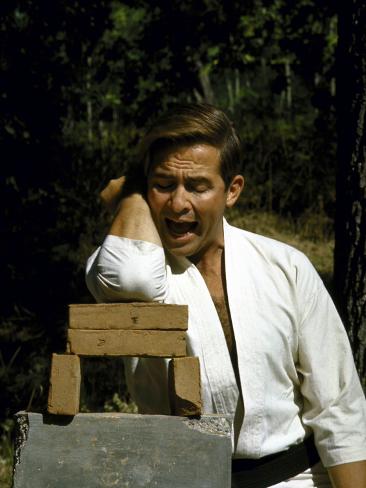Democracy & Rational Ignorance
Suppose you want to buy a nice new house. You'll do a lot of research before hand. You'd probably speak to friends, family, consult your neighbours and work colleagues. You then compare products on the market - you'll go to various agents, and they'll go through several houses in detail. And you'll probably be knowledgeable of the technical business regarding houses, insurance and so forth. Suppose your best friend had gone to that very agent in the past, and told you that he wasn't very honest. You'll probably avoid him.
Let's compare that with your knowledge when it comes to government. When you vote in the elections, you're partaking in an activity where you almost have no chance of getting it. The population in the UK is around 66 million, and so the chance of your voting for a political party and them actually becoming the government is near 1 in 60 million. A simple cost-benefit calculation would tell you it's not in your interest to spend time getting very educated, at least, to the same extent when you were choosing a house to buy. Economists call this rational ignorance. It is in your interest to not educate yourself when the information is worth less than it costs.
Thus, the ordinary voters, exercises a lot more knowledge and power when it comes to the free-market. Government knows this all too well. Very few people, unless they're paid or part of a special interest group, really study government policies in detail. That is why you need to "trust" a politician, and not necessarily a salesman. You don't need to trust a car-salesman, for instance, if you did your research beforehand. You know that there are alternative agents whom you can take your business to. There are various other people who can warn you against a particular agent, or, indeed, vouch for him. But when it comes to the government, nobody knows what the potential government parties are going to do. Nobody can vouch for any of them. That is when trust & faith become necessary. Politicians and political parties know this all too well. That is why they are heavily involved in PR, have some cool party slogan ("Yes we can"), try to give a "good performance" in debates, pamper the voters to their prejudices, and so forth. It is almost impossible to get a politician to say something he genuinely believes, which is contra the public attitude. Otherwise, he is pressured to resign or apologise.
Thus, there is an enormous difference in the "power" between purchasing & voting for things. Bryan Caplan summed up the effects:
Economic policy is the primary activity of the modern state, making voter beliefs about economics among the most—if not the most—politically relevant beliefs. And if there is one thing that the public deeply misunderstands, it is economics. People do not grasp the "invisible hand" of the market and its ability to harmonize private greed and the public interest. I call this anti-market bias. They underestimate the benefits of interaction with foreigners. I call this anti-foreign bias. They equate prosperity not with production, but with employment. I call this make-work bias. Lastly, they are overly prone to think that economic conditions are bad and getting worse. I call this pessimistic bias.
― Bryan Caplan, The Myth of the Rational Voter
Πηγή:
[URL unfurl="true"]http://british-neolibertarian.blogspot.com/2010/11/democratic-rational-ignorance.html[/url]
Κι άλλη τροφή για σκέψη.








